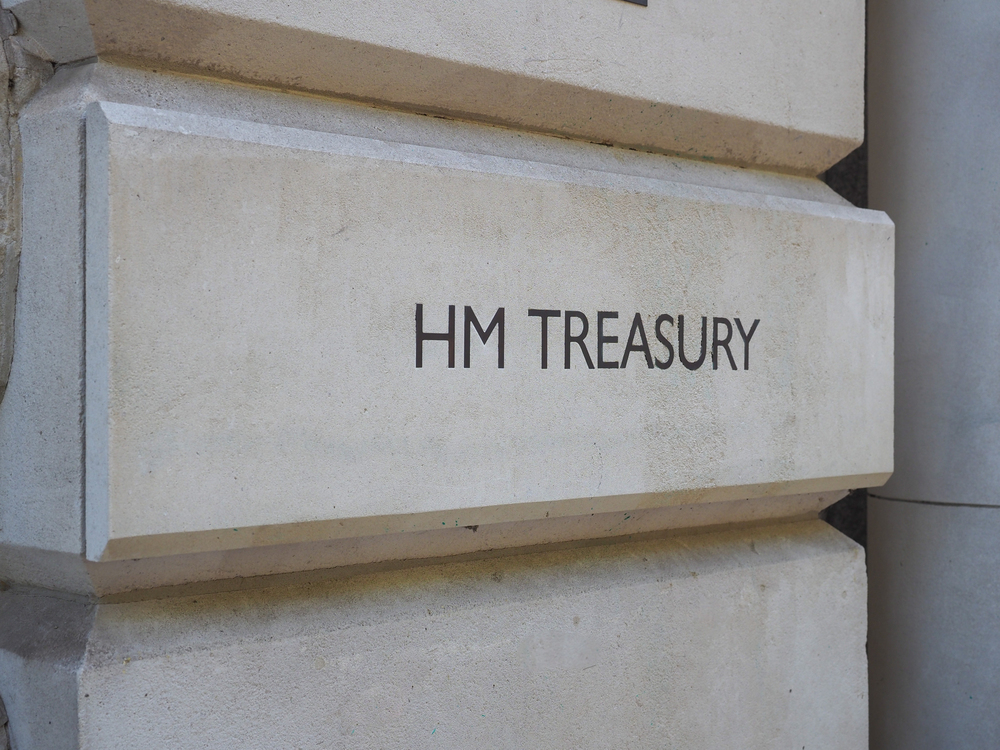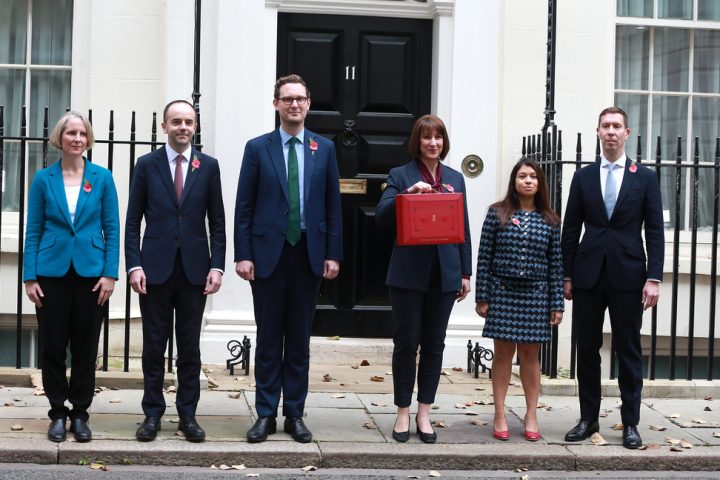Chancellor Rachel Reeves is poised to announce a £20 billion shortfall in public finances on Monday, following a recent spending audit by Treasury officials.
At the G20 meeting in Brazil, Reeves criticized the Conservative administration’s management, describing it as a “mess” and warning of the significant challenges ahead. The shortfall reportedly affects critical areas such as prisons, schools, and the NHS. The announcement may pave the way for tax increases later in the year to address the funding gap.
Despite these revelations, Paul Johnson of the Institute for Fiscal Studies (IFS) questioned the element of surprise in the findings. He argued that the issues, particularly in public sector pay, were long anticipated and not unexpected. The audit will highlight recommendations for pay increases that exceed Treasury expectations, potentially exacerbating the financial strain.
Johnson also noted broader issues, including the poor performance of public services and the financial strain on local authorities. He suggested that the anticipated shortfall was foreseeable, given the long-standing issues in public sector funding.
Michael Saunders from Oxford Economics speculated that the government might introduce additional tax measures beyond those previously outlined, possibly affecting inheritance and capital gains taxes. Jonathan Portes from the UK in a Changing Europe concurred that some hidden liabilities may have been obscured by the previous administration, necessitating a full public accounting.
The Conservative Party has dismissed the claims, accusing the Labour government of fabricating the figures to justify future tax increases. Labour, however, contends that the shortfall is a result of Conservative mismanagement and is using the audit to justify necessary fiscal adjustments.
On Monday, Reeves will also address the government’s response to public sector pay recommendations, which suggest higher increases than currently planned. The government faces pressure to address recruitment and retention challenges while balancing public expectations following months of strikes.
The audit’s implications suggest that the Treasury will need to find additional savings or revenue to bridge the identified gap. While no immediate tax policy announcements are expected, the government’s efforts to manage the “black hole” will likely influence future fiscal policies and budget decisions.






